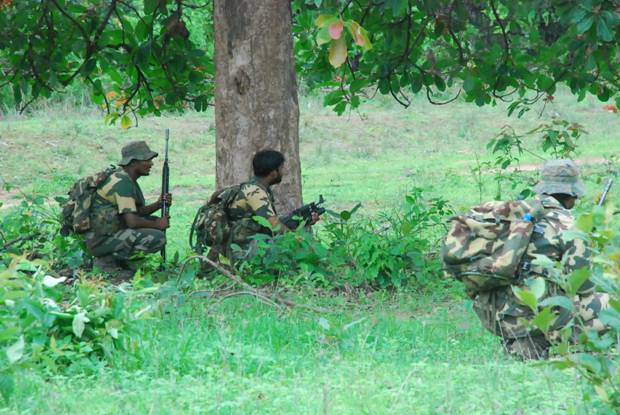[An oppressive dragnet of surveillance, harassment, stalking, and ostracism, this CIA/NYPD program of racial/religious profiling has been conducted and budgeted under the phony guise of “homeland security” and “criminal justice” — but its just Islamophobic repression without a shred of evidence to disguise or provide cover for it. — Frontlines ed.]
———————————————
Michael Kelley , Business Insider, August 21, 2012
The secret New York Police Department unit that spied on Muslims for more than six years never generated a lead or triggered a terrorism investigation, Adam Goldman and Matt Apuzzo of the AP report.
The Demographics Unit – built with the help of the CIA in the wake of 9/11 – assembled databases on Muslim neighborhoods, eavesdropped on conversations, infiltrated Muslim student groups and mosques, cataloged every Muslim in New York with an Americanized surname, and even set up a surveillance hub in New Jersey.
But in a June 28 deposition, Assistant Chief Thomas Galati admitted he never created a lead based on a Demographics report since he arrived 2006 and wasn’t aware of any previous ones.
From AP:
Galati, the commanding officer of the NYPD Intelligence Division, offered the first official look at the Demographics Unit, which the NYPD denied ever existed when it was revealed by the AP last year. He described how police gather information on people even when there is no evidence of wrongdoing, simply because of their ethnicity and native language.
The testimony was part of the Handschu case, a lawsuit that began in 1971 over NYPD spying on students, civil rights groups, and suspected Communist sympathizers during the 1950s and 1960s.
NSA whistleblower Thomas Drake, himself a target of ‘ill-considered’ prosecution, tweeted that the admission demonstrates “willful violation of 4th Amendment. No probable cause. Mere suspicion now justification for all kinds of injustice.” Continue reading

















